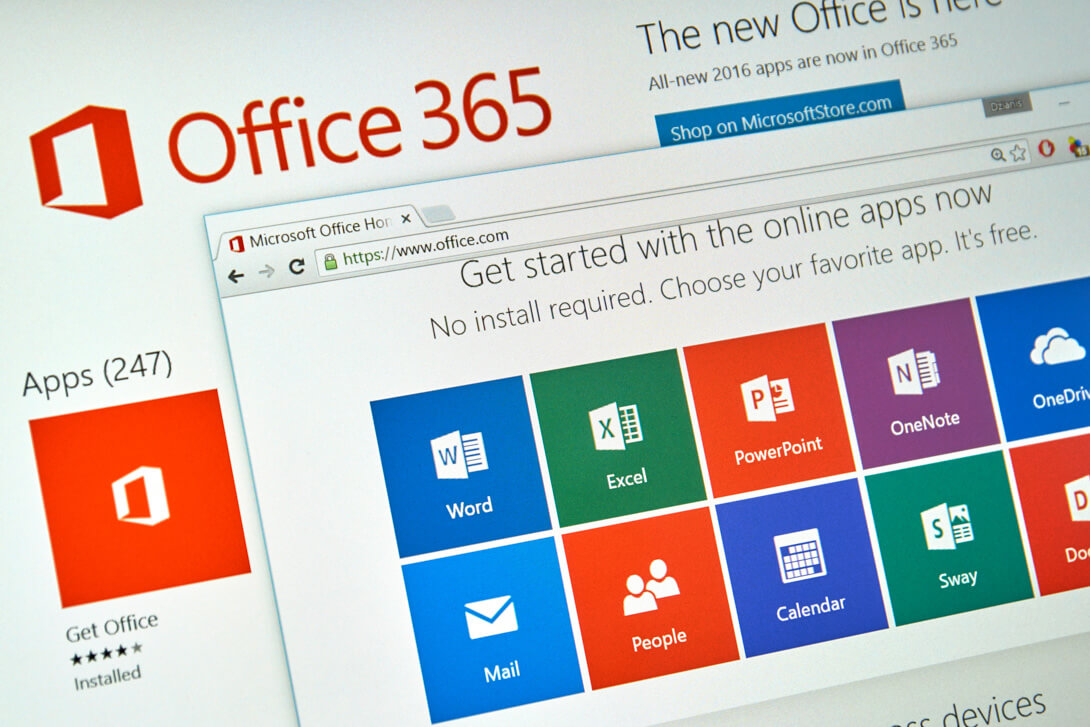What is a Microsofts Conditional Access Feature?
In comparison to the conventional on-premise infrastructure, Office 365 is offering a few tremendous advantages. There is no need for any costly infrastructure and zero requirements of higher IT knowledge. Further, Office 365 comes with a 100 GB mailbox, backed with online meetings and collaboration of the documents. It ensures 99.9% of uptime and provides the flexibility to permit businesses to allow users with access to only those services they require. Adding on, it supports access to the emails, contacts, documents, and calendars, anywhere and anytime. Further, we will see the problem(s) arising due to ‘Anytime and Anywhere Access to Office 365’ and find the resolve in Microsofts Conditional Access feature and third-party security solutions.
Problem:
Office 365 allows you to do your jobs from any place viz home, pub or coffee shop that too on any device. Many companies do not follow this way of work. Many companies use Office 365 to address the issue of no requirement of infrastructure, HA/DR, and complex exchange deployments since the data are present in the cloud, so it is of no concern to the IT department.
Features:
- Wherever there is Internet Access, Office 365 can be accessed; putting the crucial data at the stake of being misused.
- Office 365 can be accessed from any device such as Personal Laptop, Tablet, and Smartphone, or other devices with either a browser or the Outlook App. It is not restricted to corporate-owned devices, resulting in security issues.
- Only a user name and a password are required to access it, making it prone to easy data access, making the risk of data theft more pronounced.
From the perspective of data loss prevention, the pointers above result in the following issues.
- Outlook can be used to cache the emails offline and copied somewhere else.
- Mobile devices can be used for downloading the mail and copying to other locations.
- OneDrive for Business allows offline syncing to home PC and the data being shared or copied elsewhere.
- Only a user name and a password are required to access it. The option of multi-factor is not turned on as a default option.
- All these cloud computing security issues are handled differently by the firms – some accept it as a part of a new flexible work system, but most do not. Adding on, Security Managers are never in favor of moving their services to the cloud. In an on-premise environment, the traditional solutions use VPNs that might or might not connect to on-premise data. The fact is upon the data movement into the cloud. There is a need for several solutions to manage data access.
Following three questions sum up all the requests of the lockdown of Office 365:
- Is it possible to restrict the Office 365 access to company offices?
- Is it possible to restrict the Office 365 access to company devices?
- Is it possible to provide additional security during the log in such as MFA?
Solution Lies in Microsofts Conditional Access Feature
The answer to these questions is YES! Conditional Access in Office 365 is the new feature that resolves all these problems. With this Conditional Access Policy, administrators can control what parts or components of Office 365 apps can a user get access to if they pass/fail a few specific conditions.
Take Refuge into a 3rd-Party Cloud Security Solution Provider.
Is Microsofts 365 Business Conditional Access feature enough to solve the battle with data security? No! You can have another data security layer while moving your services to the cloud by associating with a Cloud Access Security Broker (CASB) provider like CloudCodes. CloudCodes focuses on providing cloud security solutions to enterprises through a Single Sign-On, Data Loss Prevention, and IAM solutions. It is an efficient, simple, and effective platform to secure your cloud apps. CloudCodes is offering integrated solutions as well as efficient control over your crucial organizational data.

